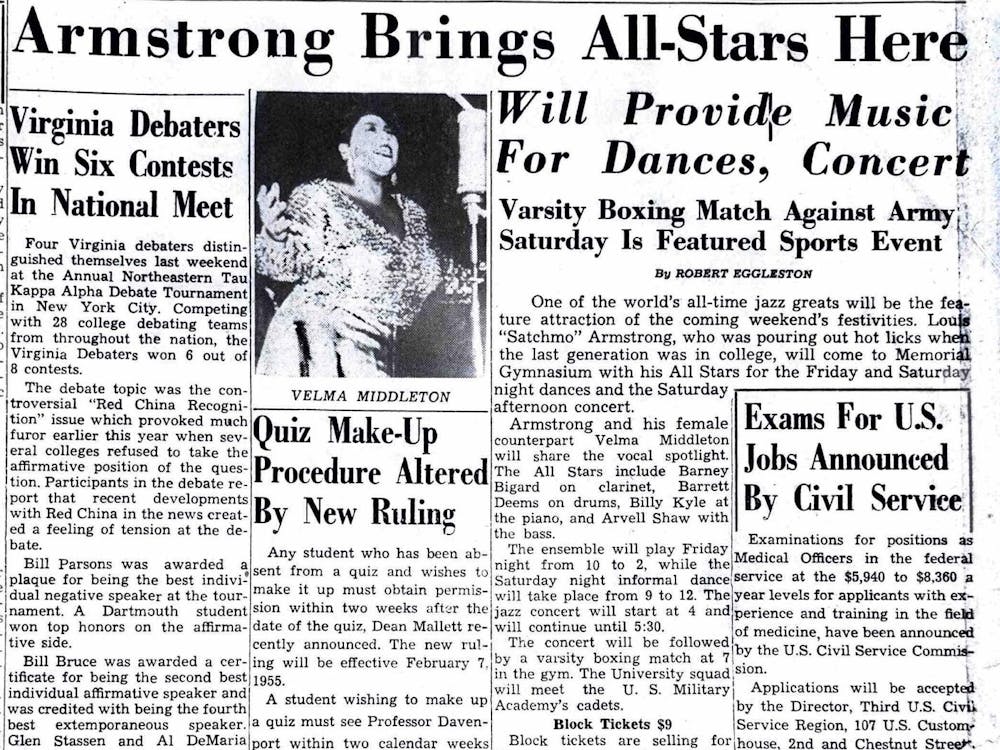Spouses of University employees may lose access to the University’s health care plan next year. Those whose employers provide health care plans which meet the minimum requirements of the Affordable Care Act will be removed from University family insurance plans starting in January.
Health care costs for the University are expected to increase by $7.3 million in the coming year, prompting the change, according to a University press release.
The University said these increases stem in part from the Affordable Care Act, citing the individual mandate and provision requiring health coverage be extended to any employees who work 30 hours per week.
Although the Affordable Care Act may be a driving force behind the change, University spokesperson McGregor McCance said that is not the only factor. “There are several things at play, such as the annual rise of health care costs and high cost claims that are increasing for people insured by U.Va,” he said.
The cost of high-cost claims — health care claims exceeding $100,000 — grew more than threefold between 2008 and 2012, according to the press release.
The University could face “millions” in additional taxes come 2018, when a tax known as the “Cadillac tax” would take effect, the University has stated. The 40 percent tax is applied to individual plans with premiums higher than $10,200 and family plans costing more than $27,500.
“Ironically, by providing generous benefits, the University becomes exposed to a federal excise tax known as the ‘Cadillac tax’” said Susan Carkeek, vice president and chief human resources officer, in the press release.
Data from the University’s Human Resources department website indicates that the most expensive single plan offered to employees has a combined employee and employer contribution of $460 a month, or $5,520 annually. The most expensive family plan costs a combined $1,471 a month, or $17,652 a year.
McCance said this was not a factor in the predicted $7 million increase. “The Cadillac tax would not become an issue until its implementation in 2018 and not until then unless the cost of the University’s plan exceeds the maximum threshold set forth by the ACA,” McCance said.
Representatives for the Human Resources department say they do not have a specific number of working spouses that could be affected by this, but they do expect to have a number once open-enrollment for the fall is closed.
“I don’t know whether we have been affected because it all happened so fast,” Media Studies Prof. Siva Vaidhyanathan said. “My initial thought was that I’m angry that we have to go through a rather intrusive submission of data in order to avoid a $500 rate increase.”







